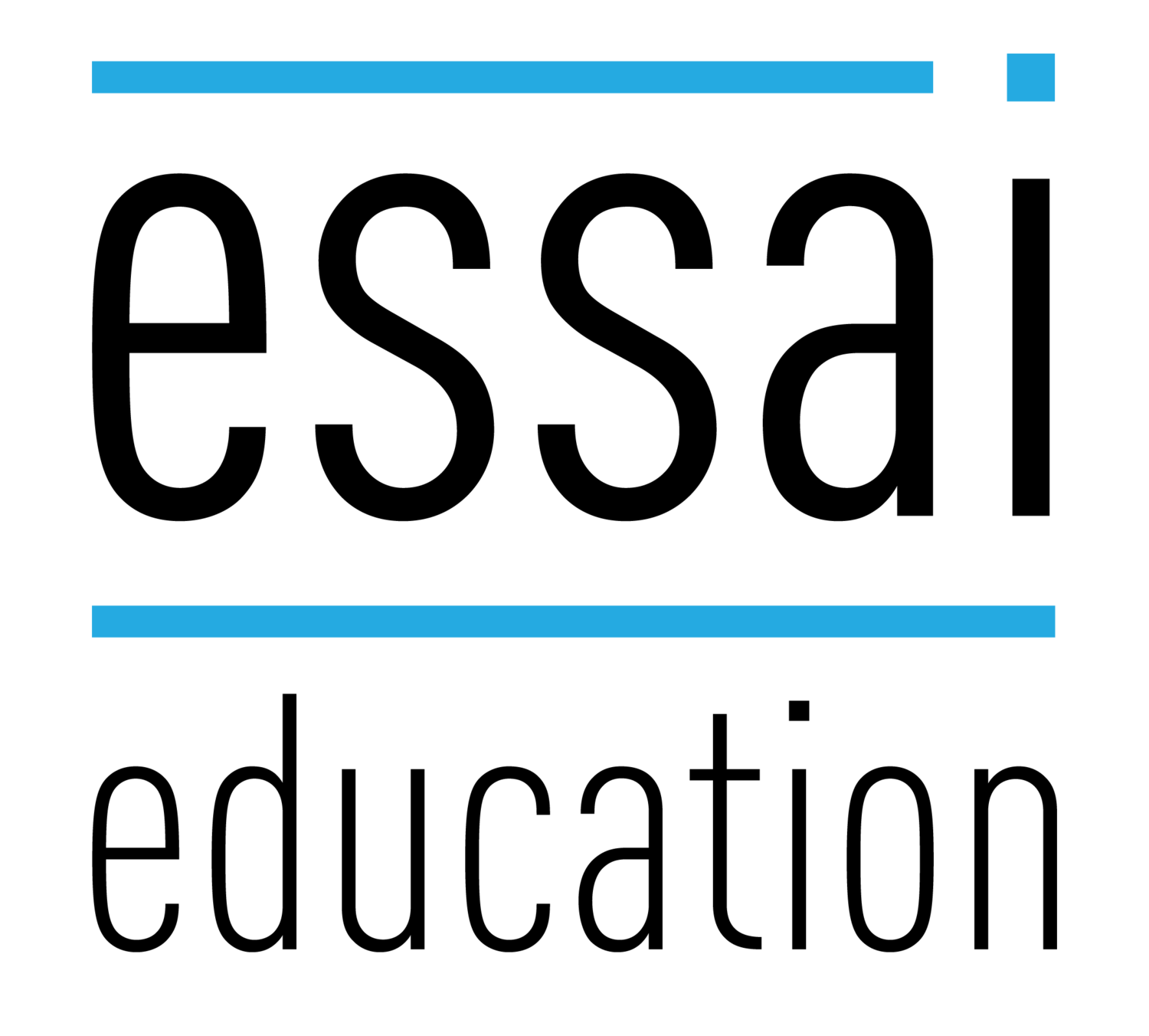These are three essential words for anyone who has something to do with grammar, especially for the ACT. But many people get very confused about them. What are they exactly, and how do we use them precisely?
The most important of the three is without doubt the clause. A clause is a unit of meaning built around a conjugated verb, i.e. a verb that is used together with a subject. 'Walking around in the park', for example, is not a clause. Who's walking in the park. Well, I couldn't tell; you couldn't either, and there's a good reason for it: there's no conjugated verb. That's the trick. Similarly, 'my uncle's big beautiful house at the end of the road' might contain quite a lot of words, but there is nothing going on. There is no verb. What's up with the house? Not clear at all. This is not a clause either. It´s not about quantity; it's all about the verb, and someone doing the verb. So, 'he walks' is a clause. We know who is doing what.
A sentence can contain just one clause followed by a full stop. 'He walks' therefore is both a clause and a sentence. A sentence can also contain many clauses joined together, e.g. he comes home after he finished work, but his kids have not yet arrived. This sentence contains three clauses containing three conjugated verbs: comes, finished, have. So the sentence is a larger unit than the clause.
Finally, a phrase is just a bunch of words. Phrases come in all kinds of shapes and sizes. There is the noun phrase. 'The car', 'my friend's really fast car', and 'the astonishingly realistic replica of the 1950s Chevrolet' all count as noun phrases. Making big subjects with a lot of information is one of the main jobs of the noun phrase.
One of the most important types of phrases is the prepositional phrase. It helps putting in more information into a thought without opening a new clause. Prepositional phrases are for example: in the room, at the office, for my dad, etc. When things get complicated it's mostly because of clusters of prepositional phrases. Consider the sentence 'she managed an exciting project for her boss at the art fair in Delhi during the summer of 2016'. Most of this sentence is just a load of prepositional phrases.
There is one other, less important but very interesting, type of phrase: the verb phrase. It consists of all the verb forms in a sentence and any added prepositions used together with the verb. The addition of prepositions to change the meaning of a verb is one of the great features of the English language. Consider, for example, the verb 'to tell'. On its own it just means 'to say something', but if you add the preposition 'off', it means to scold; as in the sentence 'dad again told me off for coming home late'. Verbs joined to prepositions are called phrasal verbs.
If you ever get confused about clauses, phrases, and sentences, just look out for the conjugated verb. Is something happening or not? How many actions are happening? Sentences can contain an infinite number of conjugated verbs. Clauses always contain only one. Phrases do not necessarily contain a conjugated verb.
Contact us here for more info about ACT prep with Essai.

